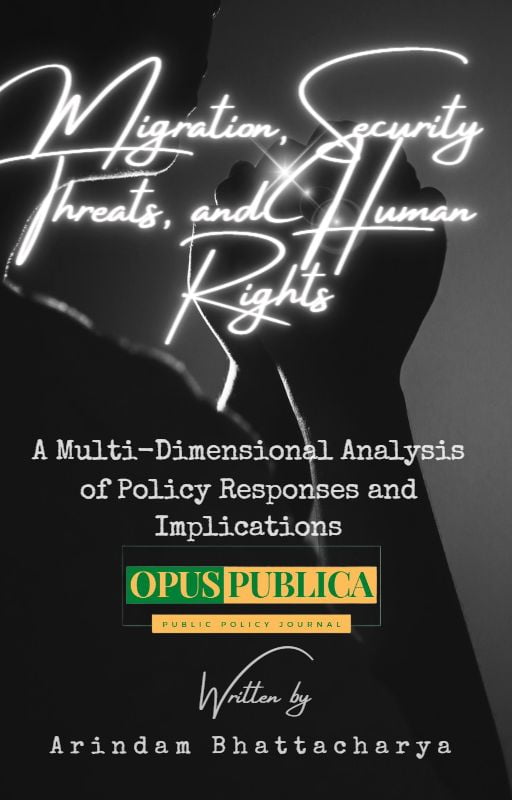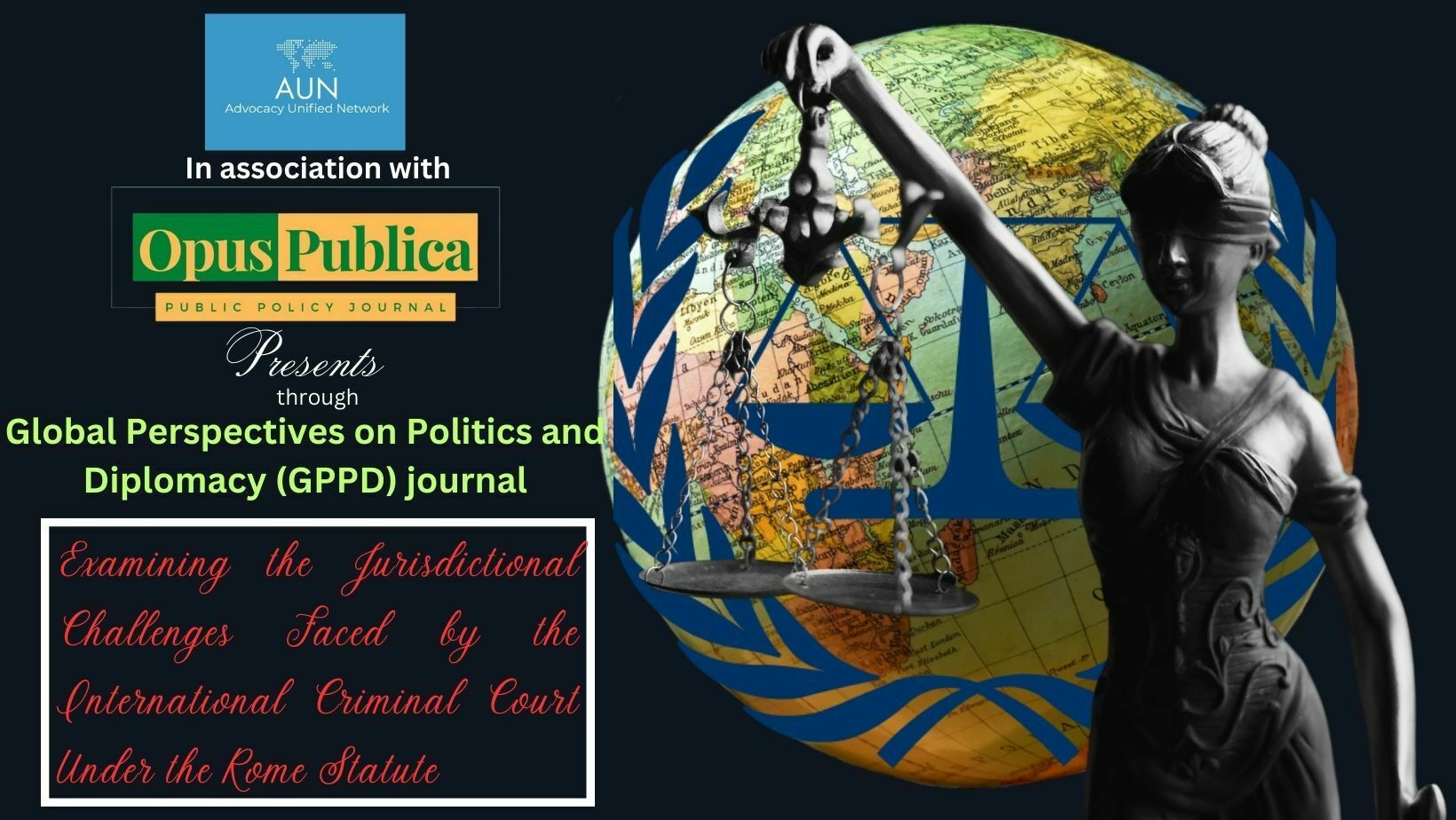Introduction
Arindam Bhattacharya’s research work “Migration, Security Threats, and Human Rights: A Multi-Dimensional Analysis of Policy Responses and Implications“, published in the Journal Global Perspectives on Politics and Diplomacy (GPPD) of Opus Publica, is the subject of this commentary, which offers a thorough critique of it. The study examines the intricate connection between migration, security risks, and human rights with an emphasis on policy changes and their effects. The main conclusions and contributions of the original research are clarified in this commentary through a thorough analysis of the body of current literature and a qualitative research methodology.

Understanding Migration Dynamics
The study emphasises the complexity of migration and its effects on the current state of the world. The study illuminates the intricacies and potential security dangers related to the enormous volume of global migration by examining movement trends. It highlights the importance of having a complex understanding of the factors influencing migration and how they affect security issues.
Examining Policy Measures
One crucial aspect explored in the research paper is the evaluation of policy measures implemented by governmental and international organizations. The commentary discusses the efficacy of these policies in addressing the challenges posed by migration, security threats, and human rights. It analyzes the impact of these measures on the fundamental rights and well-being of migrant populations, providing insights into their successes and shortcomings.
The Interplay of Factors:
A major focus of the study paper is the interaction between migration, security, and human rights. This claim underlines how important it is to comprehend how different elements work together. It highlights how crucial it is for professionals formulating policy to consider how those decisions may impact security concerns and the protection of human rights.
Guiding Policymaking and Implementation:
By providing valuable perspectives and suggestions, the research paper aims to guide policymakers and practitioners in addressing the complexities presented by migration, security threats, and human rights. This commentary further emphasizes the significance of the original research’s insights in informing evidence-based policy formulation and implementation.
Contributions and Research Objectives:
The commentary recognises the study paper’s important contributions to a deeper understanding of the relationship between migration, security, and human rights. The original study’s goals and research topics are highlighted, including how to better protect human rights in the face of security issues associated with migration and how to evaluate the efficacy of policy solutions.
Conclusion:
Arindam Bhattacharya’s research study offers a thorough examination of how migration, security risks, and human rights are related. This commentary offers insights on policy responses, implications, and the interplay of elements, serving as a valuable clarification of the paper’s findings. By addressing important research topics, the study advances knowledge of the intricacies of migration. It offers advice to policymakers on how to protect human rights in the face of security threats.
Citation
Polkar, S. (2023). Migration, Security Threats, and Human Rights: Analyzing Policy Responses and Implications. Advocacy Unified Network. https://doi.org/10.57939/D7EX-J685





